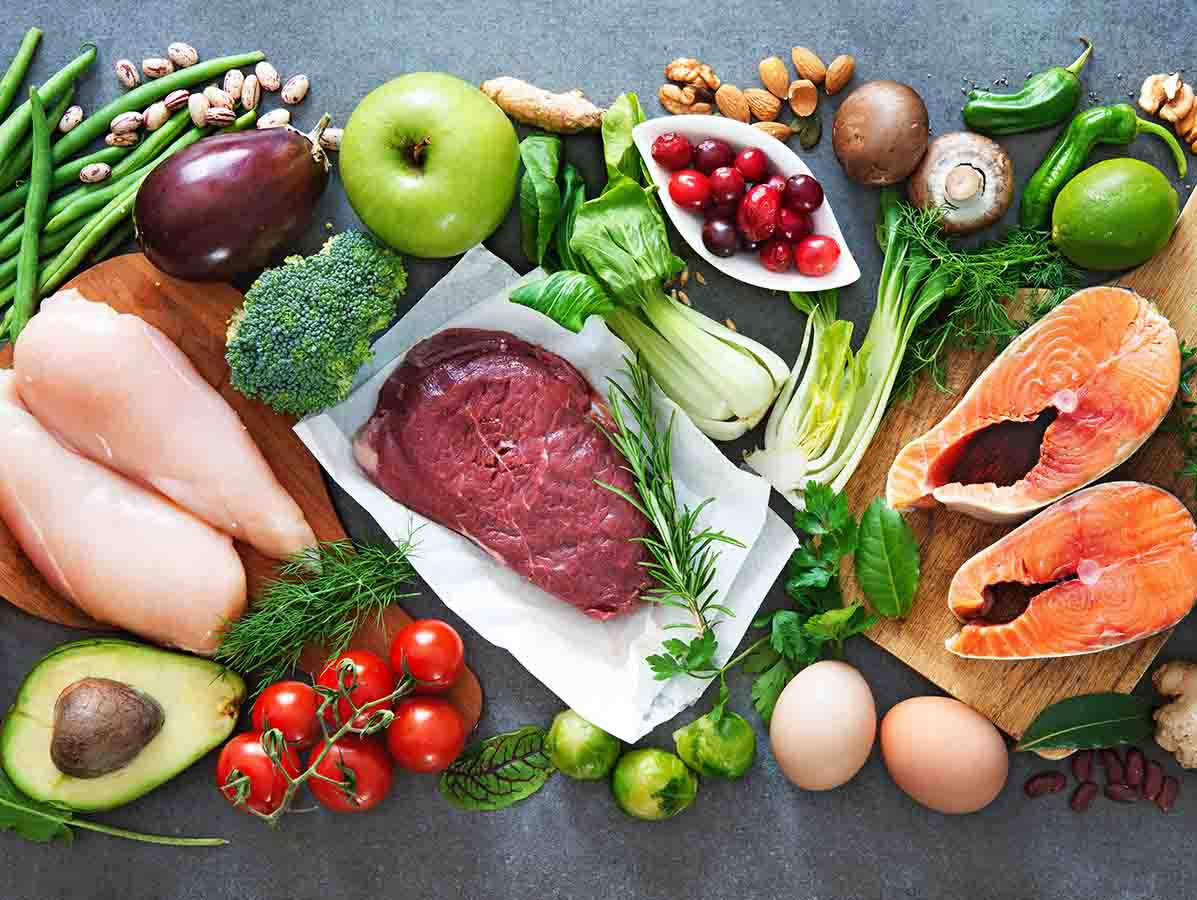
Earlier this year, the German government unveiled its inaugural national food strategy, aimed at promoting healthy eating for all citizens. Emphasizing health and sustainability, the strategy comprises various ambitions and measures to achieve these objectives.
The strategy prioritizes consumer health and the ability to purchase healthy and sustainable food. Research into nutrition and health will contribute to balanced dietary patterns and the reduction of fats, salts, and sugars. Transparent communication with consumers is a key focus.
The objective is to realize "good eating for people and planet," aiming to reduce the estimated €33 billion in healthcare costs attributed to unhealthy diets. The strategy underscores human health and the availability of nutritious food for everyone, regardless of social background.
Attention is directed towards the sustainability of food production and provision. The government aims to achieve 30% organic certification in food production by 2030 and acknowledges the vulnerability of low self-sufficiency in product categories such as vegetables and fruits.
Programs are being implemented to support farmers in cultivating new crops and enhancing self-sufficiency, particularly in regional chains of plant-based products. Efforts are also underway to include origin labeling on products, even processed ones.
The government aims to foster health-promoting and sustainable "food environments," utilizing venues such as public canteens and catering to promote sustainably produced food. Model regions are being developed for societal innovations.
The Deutsche Gesellschaft für Ernährung has established quality standards for meals, which are increasingly being adopted. The government aims to make these standards mandatory for facilities such as childcare centers by 2030.
The government plans to ban advertisements for unhealthy foods targeting children under 14 years old. Additionally, health recommendations regarding sugar, fat, and salt levels will be adjusted based on scientific insights.
Enhanced communication regarding health aspects, including through the Nutri-Score, will be further developed. Existing awareness campaigns regarding lifestyle, food production, and food waste will continue.
Source: Agroberichten buitenland